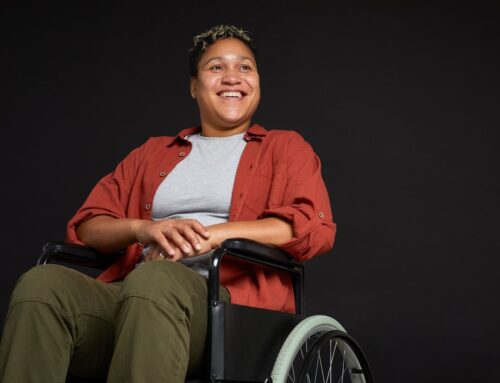Improving Neurogenic Bowel Dysfunction in Pediatric Patients with Spina Bifida
Impact of Spina Bifida on Bowel and Bladder Function
Research shows that 90-95% of severely affected children born with Spina Bifida will not have normal bladder and bowel function, 60-70% will require intermittent catheterization and medication to control bladder function, and 20-30% will require major reconstructive bladder and bowel surgery.
A hallmark clinical presentation of this condition is the inability to voluntarily control the defecation process. Patients are unable to routinely perform elimination of stool/waste from the body, and often need assistance or surgery.
Problems Associated with Neurogenic Bowel Dysfunction (“NBD”)
Constipation for patients with NBD is often very severe, causing bowel obstructions, ileus, and rectal impaction with sensory loss. The most severe cases result in bowel perforation.
Symptoms include:
- Abdominal pain, bloating, distention, and cramping, and lethargy (a ‘sluggish’ feeling).
- Decreased appetite and snacking rather than eating full meals.
- Nausea, vomiting, and aspiration.
- Dehydration, electrolyte disturbances, and increased UTI risk.
- Soiling, and unplanned evacuation of stool.
- Social anxiety and isolation.
Bowel Care Protocol for Patients with Neurogenic Bowel Dysfunction
There are four key components to establishing a bowel care protocol for patients with NBD. Each of these are essential for managing NBD, increasing patient comfort, and reducing the risk of further complications:
Diet: Patients should consume more fiber to promote regular bowel movements. Reduce dairy, starches (white), processed or “fast foods”, and red meats which can increase constipation. Eat well-balanced, regular meals, and avoid snacking or ‘grazing’.
Fluid Intake: Water, water, and more water! Adequate hydration is an essential component to a healthy bowel care protocol. ‘Natural’ laxatives, like prune juice, can also promote regular bowel movements.
Exercise: Regular physical activity and mobility are important, even (or even especially) if the patient uses a wheelchair.
Daily Bowel Program: NBD requires a proactive, daily bowel management program, including use of laxatives and enemas where appropriate.
Bowel Clean-Out Protocol for Patients with Neurogenic Bowel Dysfunction
Here are some things to consider for a bowel clean-out protocol:
- Rectal evacuation examination: a rectal evaluation must be performed to empty the sigmoid portion of the bowel.
- Enemas: Enemeez® (Docusate Sodium) or DocuSol®Kids mini enemas work very effectively on this population.
- Oral Laxatives: to flush out the remainder of the bowel, oral laxatives like magnesium citrate can be used.
- Maintenance: employ maintenance laxatives such as PEG or flax oil. Avoid mineral oil, as it is petroleum based, has no nutritional value, and is messy.
- Compliance and Consistency: be consistent with this daily bowel care protocol, along with diet, water, and exercise.
Parents can count on DocuSol® Kids to provide:
- Fast, predictable results typically in 2-15 minutes.1
- Non-irritating formula.
- Easy rectal usage, soft flexible tip.
- Affordably priced for constipation relief.
- Ease of use for both clinicians and parents.
- Rectal therapy for those children unwilling to swallow medications.
1 Federal Register / Vol. 50, No. 10 / Tuesday, January 15, 1985 / Proposed Rules; pgs. 2124-2158
For additional information please visit www.docusolkids.com
Sources:
Jake Klein, MS, ARPN, CPNP – PowerPoint Presentation “Developing an Effective Bowel Care Program to assist Spina Bifida Patients Improve Their Quality of Life”.




![[Live Webinar] Neurogenic Bowel Dysfunction in Multiple Sclerosis](https://www.questhealthcare.net/wp-content/uploads/2025/02/325-Quest-Healthcare-Speaker-Session-1-500x383.png)


